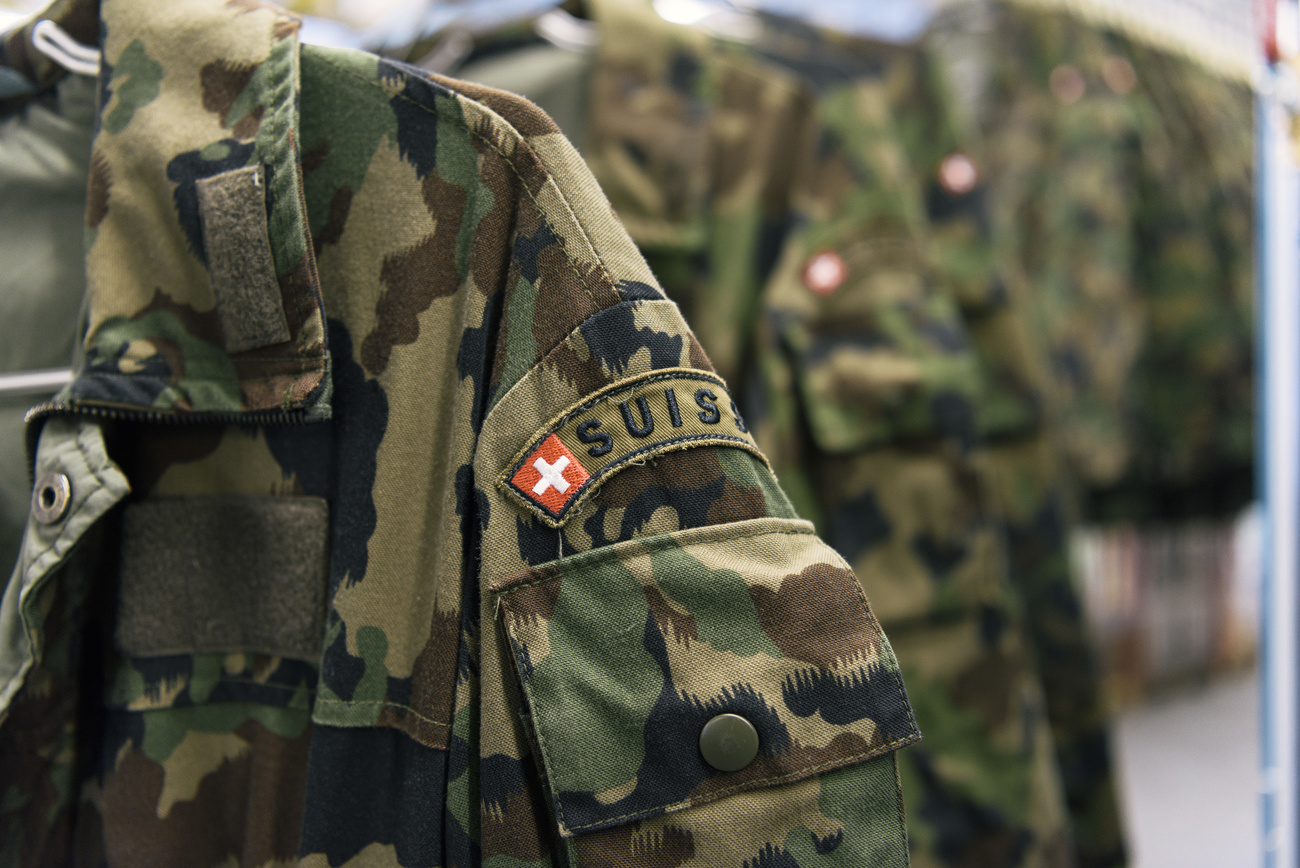
Study to investigate discrimination against gay and lesbian soldiers in Swiss army

The Swiss government has commissioned an investigation into whether gay men and lesbians in Switzerland’s armed forces have experienced injustice.
This has been based on a postulate from Social Democrat Priska Seiler Graf, which was adopted by Parliament in 2022.
Check out our selection of newsletters. Subscribe here.
Over the next four years, a research team from the University of Bern will investigate whether and to what extent gay men and lesbians in the Swiss armed forces experienced injustice between the Second World War and today. It will also look at the consequences of this, according to a government statement on Thursday.
The study will also address the question of whether reparations should be made, and make recommendations on how the army should ensure respect for LGBTQ rights in the future.
+ When Swiss voters said yes to same-sex marriage
According to the Swiss Military Criminal Code, sexual acts among people of the same sex were still punishable until 1992. This contradicted the Civil Code, which largely legalised consensual sexual acts between adults of the same sex as early as 1942.
Evidence of bullying and harassment
Michèle Amacker, professor of sociology and co-director of the Interdisciplinary Centre for Gender Studies (ICFG) who is overseeing the investigation, was quoted in a press release as saying that there was evidence of bullying and harassment in everyday military life. There are signs that gay men were being rejected during recruitment, which may have hindered military careers.
She also said there were indications that it was common practice in the past to use certain codes for gay men and lesbians, which were entered in the service record booklet, for example, as a reason for ineligibility.
According to Amacker, these administrative procedures could also have had a negative impact on private life and professional careers, for example if the service record booklet had to be shown when applying for a job.
It is the country’s first ever official commission to investigate historic discrimination against gay men and lesbians in Switzerland.
Adapted from German by DeepL/kp/jdp
This news story has been written and carefully fact-checked by an external editorial team. At SWI swissinfo.ch we select the most relevant news for an international audience and use automatic translation tools such as DeepL to translate it into English. Providing you with automatically translated news gives us the time to write more in-depth articles.
If you want to know more about how we work, have a look here, and if you have feedback on this news story please write to english@swissinfo.ch.

In compliance with the JTI standards
More: SWI swissinfo.ch certified by the Journalism Trust Initiative































You can find an overview of ongoing debates with our journalists here . Please join us!
If you want to start a conversation about a topic raised in this article or want to report factual errors, email us at english@swissinfo.ch.